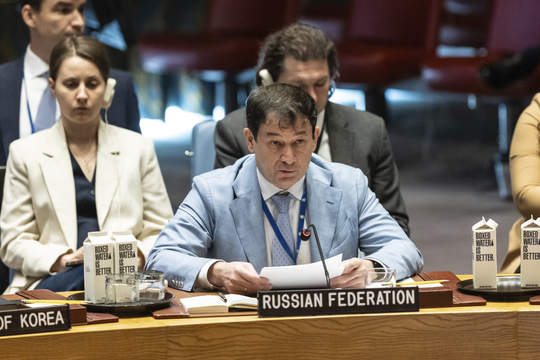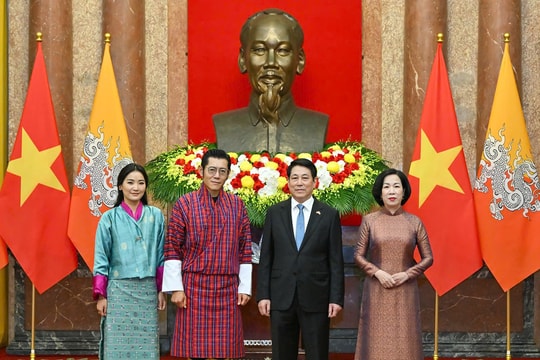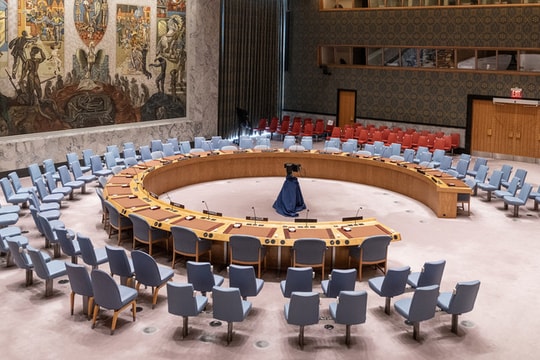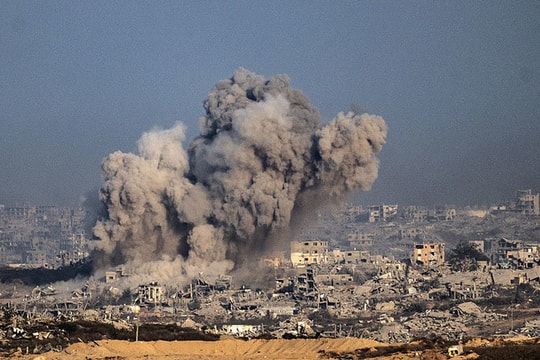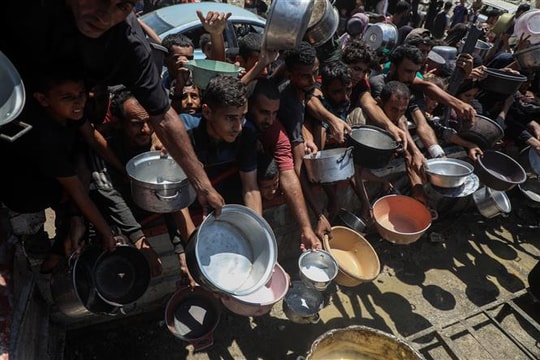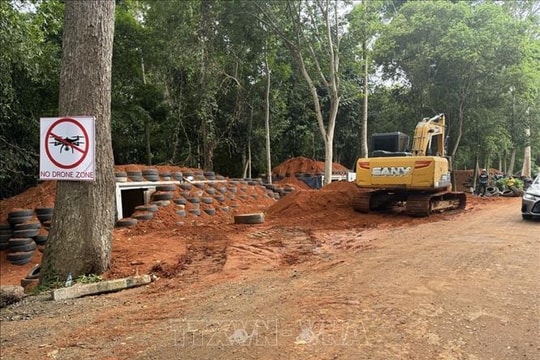Yemen: Clashes in Hodeida port city despite ceasefire
A witness reported several artillery explosions in the south of the city, while a resident living on the eastern edge of Hodeida said there was gunfire every 15 minutes.
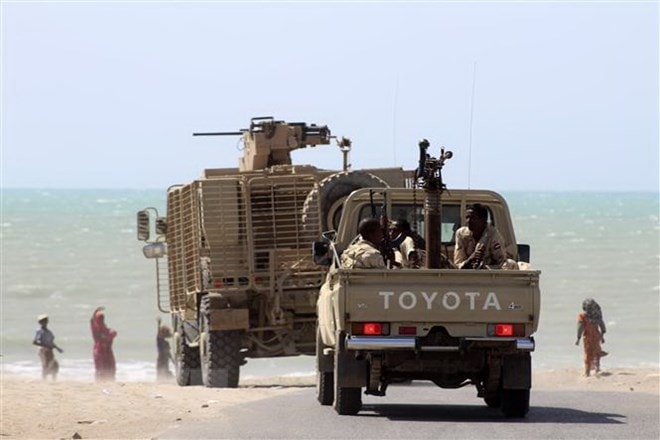 |
| Yemeni pro-government forces in the suburbs of Hodeida on November 14, 2018. Photo: AFP/VNA |
These were the first clashes since a UN-brokered ceasefire came into effect on the same day in the city.
The clashes occurred just hours after a UN-brokered ceasefire came into effect, as part of an agreement the warring sides had worked to reach at peace talks in Sweden from December 6-14.
After the warring factions agreed to a ceasefire in Hodeida, UN Special Envoy Martin Griffiths called for the establishment of “a strong and authoritative monitoring mechanism” in Yemen.
Speaking before the UN Security Council, Mr. Griffiths stressed the need to establish the mechanism, affirming that allowing the UN to play a leading role in Yemen's ports is an essential first step.
He also said that the rival factions in Yemen would welcome this initiative.
On the same day, December 14, Saudi Arabia, the leader of the Arab coalition supporting the Yemeni government, expressed its appreciation for the agreement reached between the opposing parties in Yemen at the peace talks held in Sweden.
In a statement, Saudi Arabia's King Salman bin Abdulaziz and Crown Prince Mohammed bin Salman also pledged to support a political solution to the conflict in Yemen.
Meanwhile, Russian Ambassador to the United Nations Vassily Nebenzia stated that "Russia is ready to cooperate in resolving the conflict in Yemen and promoting peace and stability throughout the Middle East region."
Speaking before the United Nations Security Council, Mr. Nebenzia said Russia would consult with all relevant parties to promote this.
After many days of negotiations, the Yemen peace talks sponsored by the United Nations ended on December 14 in the capital Stockholm, Sweden, with the warring parties in Yemen reaching many agreements.
Specifically, the Yemeni government and the Houthi rebels agreed to exchange prisoners, resume oil and gas exports, open the airport in the capital Sanaa, and most importantly, the conflicting parties in Yemen reached a ceasefire agreement in Hodeidah, a strategically located port city near the Red Sea coast currently controlled by the Houthi forces.
However, analysts say there are still many challenges in implementing these agreements.
Yemen has been in chaos since the outbreak of conflict between the Houthi armed group and forces loyal to former President Ali Abdullah Saleh and forces supporting the internationally recognized government of President Mansour Hadi.
In March 2015, a military coalition of Arab states led by Saudi Arabia intervened in the civil war in Yemen to support President Hadi's government.
According to the United Nations, more than 10,000 people have been killed in Yemen since the Arab coalition intervened militarily.
The conflict has also pushed Yemen into the world's worst humanitarian crisis, with nearly 14 million people at risk of starvation.

.jpeg)
